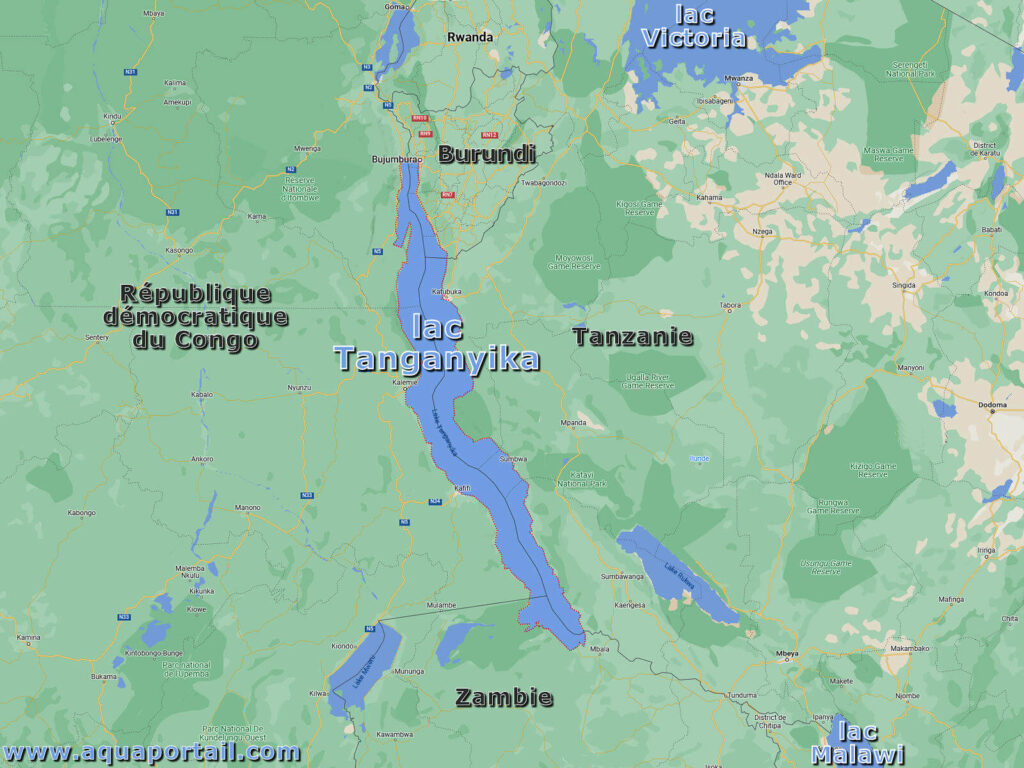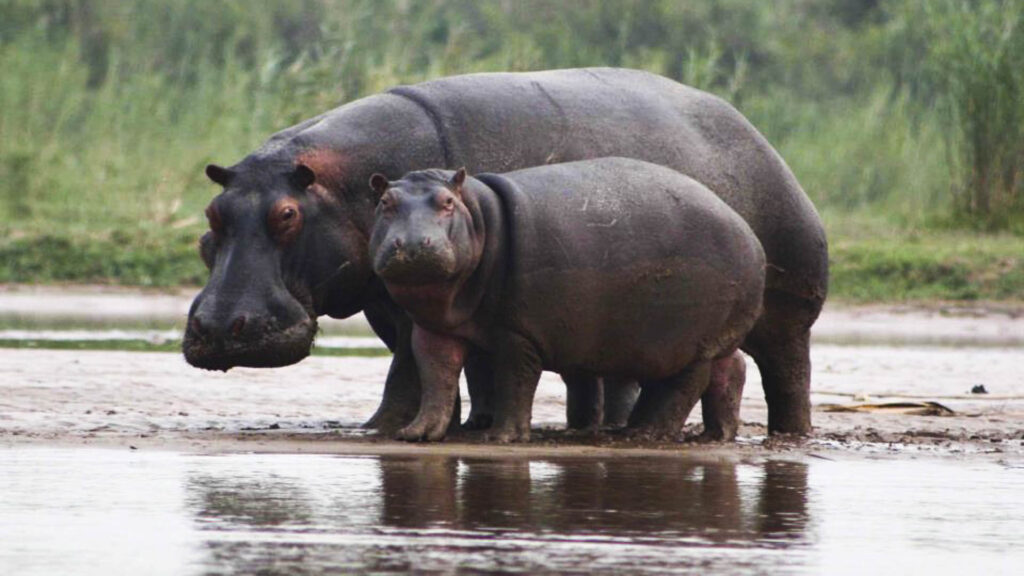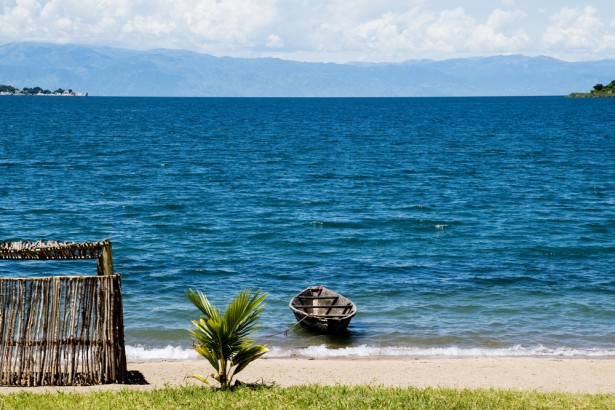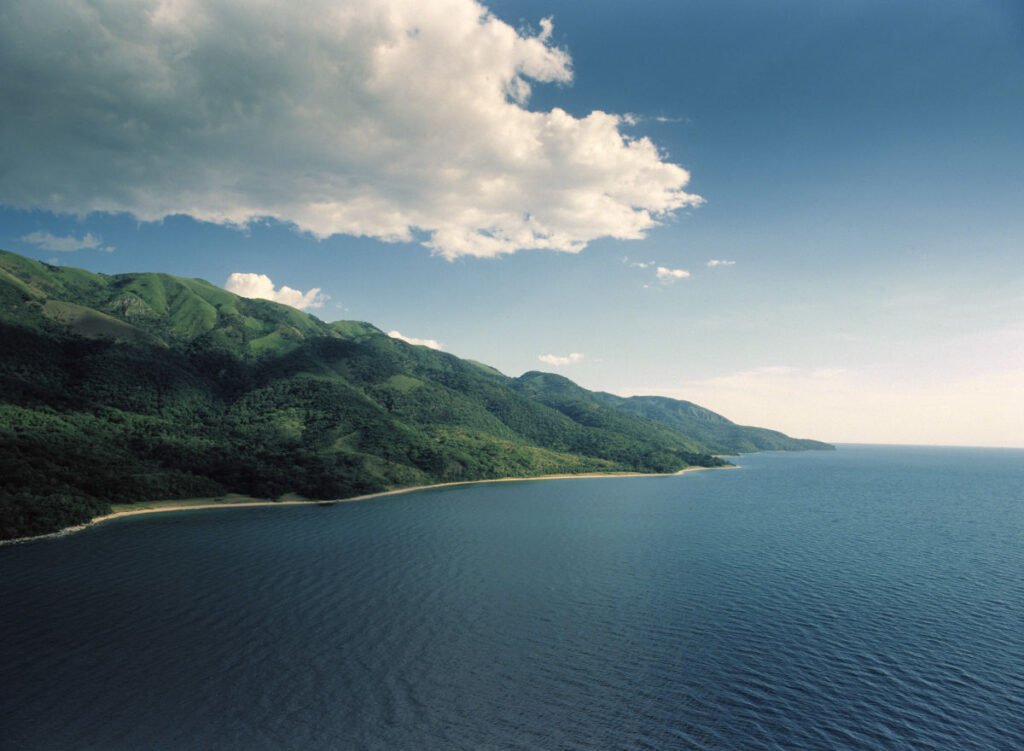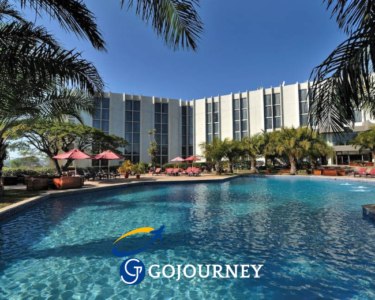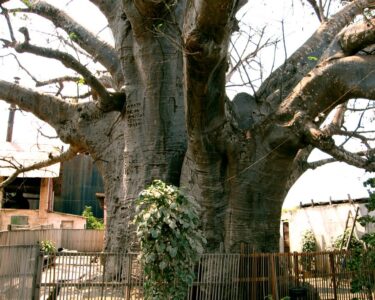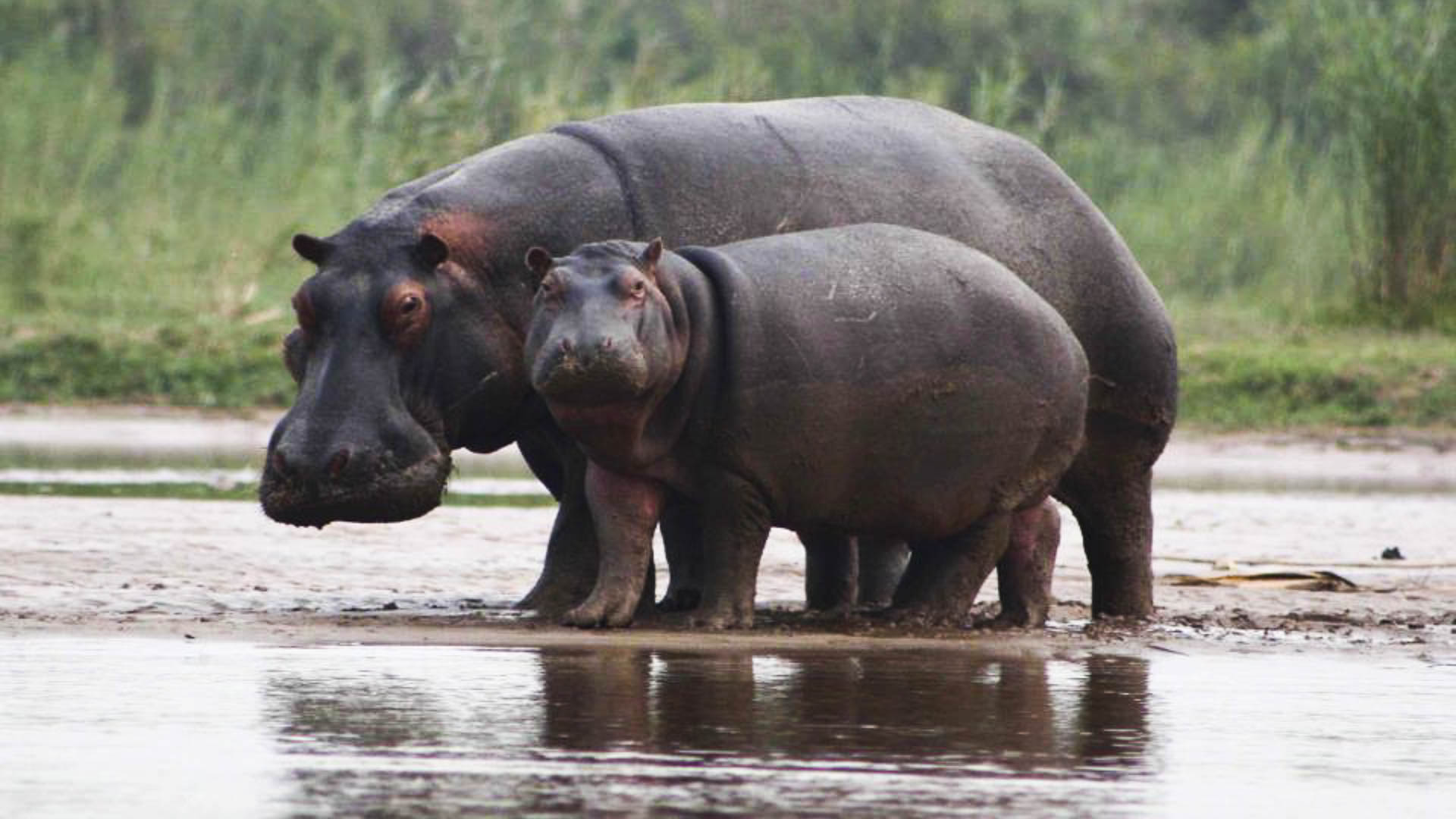
Lake Tanganyika, straddling several African countries including the Democratic Republic of Congo (DRC), is one of the most impressive natural jewels in Africa. With its rich history, exceptional biodiversity, and immense tourism potential, this lake represents a dream destination for nature lovers and adventurers alike.
Origin and Characteristics of Lake Tanganyika
Lake Tanganyika is the second-largest lake in Africa by surface area, after Lake Victoria, and the second deepest in the world after Lake Baikal in Russia. Spanning approximately 673 km in length and 72 km in width, this majestic lake covers an area of about 32,900 km². Its maximum depth reaches 1,470 meters, making it the deepest freshwater lake in Africa.
The lake is ancient, formed millions of years ago due to tectonic activity that created the Rift Valley, a massive fault line stretching across East Africa. The Tanganyika basin is a spectacular example of the dynamic geology of our planet.
The Natural Wealth of Lake Tanganyika
The biodiversity of Lake Tanganyika is nothing short of extraordinary. The lake is home to over 1,500 species of animals, about 600 of which are endemic, meaning they are found nowhere else on the planet. Among these species are a wide variety of fish, particularly cichlids, which are famous for their dazzling diversity of shapes and colors.
The lake also serves as a habitat for crocodiles, hippos, and a multitude of waterfowl, making it a paradise for birdwatchers and wildlife enthusiasts. The shores of the lake are surrounded by stunning landscapes, ranging from sandy beaches to steep cliffs, offering a variety of panoramas that captivate tourists.
The Tourism Potential of Lake Tanganyika
Lake Tanganyika is not only a natural wonder but also an emerging tourist destination. Visitors can enjoy a wide range of activities:
- Scuba diving and snorkeling: Thanks to its exceptional clarity, the crystal-clear waters of the lake are perfect for diving and observing the unique aquatic wildlife.
- Sport fishing: With its waters rich in fish, the lake offers excellent opportunities for sport fishing, attracting enthusiasts from around the world.
- Hiking and trekking: The surrounding mountains and national parks provide trails that allow visitors to explore the wilderness and observe local flora and fauna.
- Cultural visits: The shores of the lake are inhabited by various communities, each with its own traditions and way of life. Visitors can discover local cultures and participate in community activities.
Riviera and Beach Resorts
Lake Tanganyika is bordered by several towns and villages that serve as access points for visitors. The city of Kalemie in the DRC is one of the main gateways to the lake, offering accommodations and services for tourists. Along the shores, many small beach resorts offer an idyllic setting to relax, enjoy the sun, and explore the lake’s waters.
Tourism development projects are underway to better exploit the lake’s potential while preserving its fragile ecosystem. Sustainable tourism is key to ensuring that this magnificent region continues to thrive while remaining intact for future generations.
Conclusion
Lake Tanganyika is a natural treasure whose beauty and biodiversity make it a prime destination for tourism in the DRC and other neighboring countries. With its fascinating geological history, rich ecosystems, and opportunities for outdoor activities and cultural adventures, this lake has everything to attract travelers from around the world.
Promoting and developing tourism around Lake Tanganyika is not only an economic opportunity for the region but also a way to raise awareness about the need to protect this unique ecosystem. By investing in environmentally-friendly infrastructure and involving local communities, Lake Tanganyika can become a model of sustainable tourism in Africa.
Written by Ak, for Analyson Kongo
